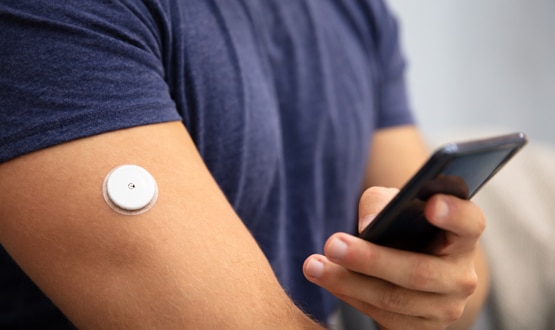Cerner firsts for St George’s
- 17 November 2014

St George’s Healthcare NHS Trust has gone live with Cerner’s critical care solution in its paediatric intensive care unit, as a first-of-type site in the UK.
The trust has also integrated its monitoring equipment with the Cerner Millennium electronic patient record, having signed a £2.5 million contract with Philips Healthcare for 300 new monitors across 48 departments.
Cerner’s iBus CareAware solution will gather real-time vital signs readings from bedside monitors and ventilators in the paediatric ICU and pull results into a chart for nurses so they do not need to transcribe them manually.
Its iNet documentation application allows critical care clinicians to electronically place orders and document, view, trend and filter data from a single location.
It also enables nurses to access and chart patient information in real time at the bedside, and assists with information-sharing across multi-disciplinary care teams.
Martin Gray, the chief clinical information officer at St George’s, told EHI the trust started working on the critical care solution as part of a clinical documentation project.
Concerns about whether Cerner would be “up to the job” of providing a critical care solution as part of an integrated platform led the trust to explore best of breed systems, but financial concerns meant it focussed on improving Cerner’s system.
“Given that money was tight, we weren’t sure we would be able to afford a best of breed solution for the entire organisation so we thought it would be best to look into how we could best use the Cerner platform.”
Gray said the small size of the ten-bed paediatric ICU and its status as an isolated unit meant it was a suitable test area to see whether the Cerner system could be used for critical care.
The trust spent three months putting together a critical care solution by modifying the iNet system for a UK-specific context, before rolling it out in the ICU earlier this year.
Gray said there were some initial difficulties, with nurses needing to do manual data entry, but the project is now running successfully.
“It’s been a bit of a pilot project, as proof of principle, but it’s been a useful endeavour because it has demonstrated that yes, we can use it.”
The critical care solution’s integration into the Cerner record has made it significantly easier for clinicians to track the condition of their patients, he said.
“It’s traditionally been quite a challenge to come and review patients, especially when you’re on call in theatres, but now this allows them to review patients remotely and track their progress electronically.”
Having the ventilators and monitoring equipment integrated into the EPR has also improved the amount and quality of data while freeing up nurses’ time for more important work, Gray added.
“With a paper chart you’re only taking a snapshot of a broad bandwidth of patient data, but having an electronic chart helps with that, and with device integration you know the right data is going into the right place on the chart.
“Nurses have said they feel lazy because they don’t have to spend as much time documenting stuff, and that’s what you want to hear because it gives them more time to spend with patients.”
Gray said St George’s is currently rolling out the solution in its neurosciences ICU before moving on to its neonatal ICU, with plans to complete the deployment by the end of the financial year.
However, he said the trust is also assessing whether it needs to accelerate the roll-out, given the potential risk of moving areas between areas that have gone live and those that have not.




